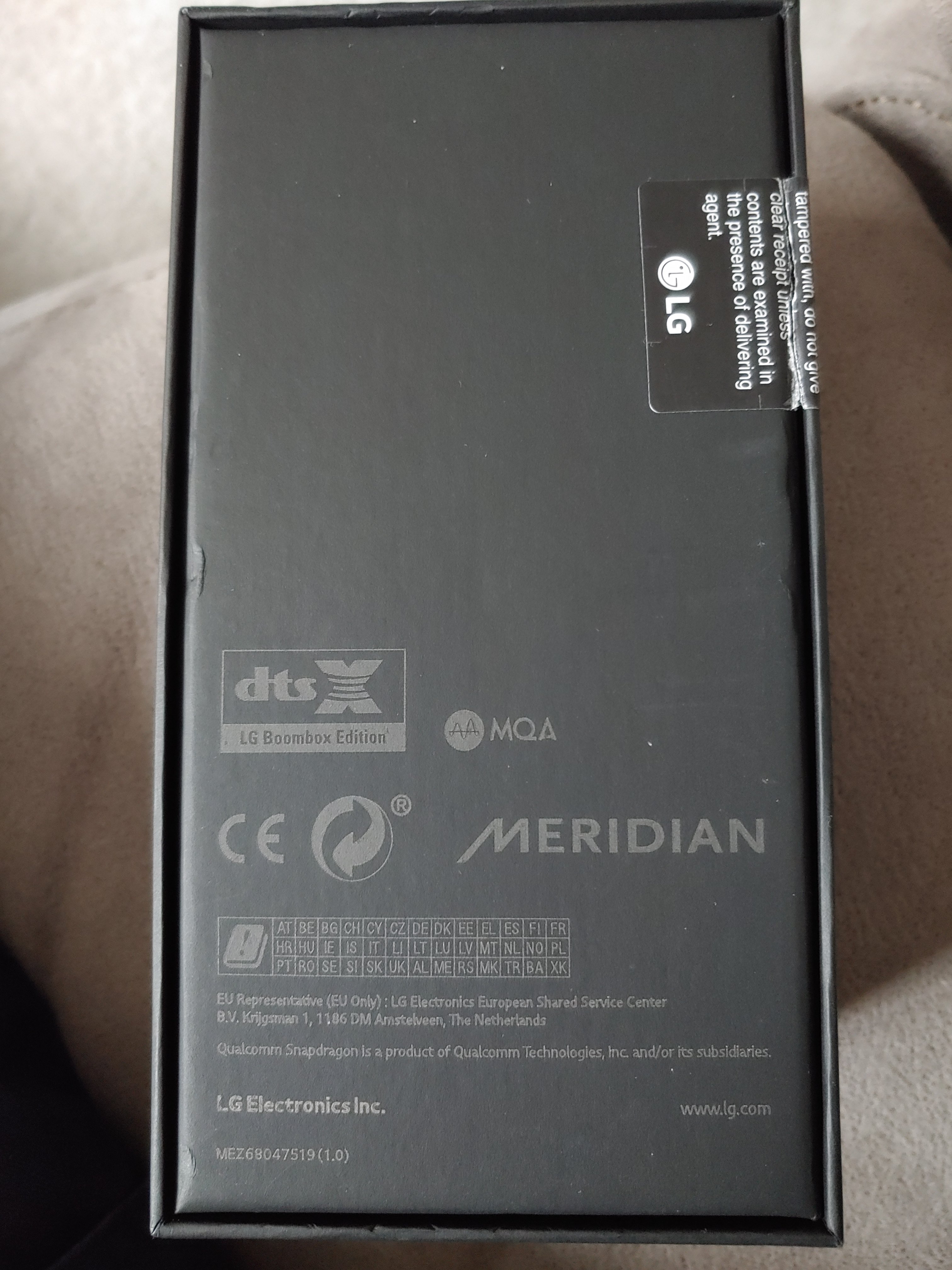Once again, as I understand, the MQA encoder will accept signals outside the envelope if you select that mode. I assume in that case it will work more like regular FLAC. And that would be the appropriate mode to use when testing its performance on synthetic signals.
But by ignoring the characteristics that govern the remaining 99.99% of music, we're wasting space in FLAC to bit-perfectly preserve noise. MQA chose to use that space for information which they claim contributes more to sound quality. One can disagree with that trade-off, but that was always the official premise of the codec.
Hence testing it by tricking it into performing one type of encoding while feeding it a different kind of content, and publishing the results as an example of MQA's inferiority, does not reveal malice nor deficiency on the part of MQA, but rather malice and dishonesty on the part of the tester.
This impression is further strengthened when the tester gets paid for every view of his video, and has promoted it as heavily as he has. He certainly knows how to stroke the pleasure center of his MQA hating audience. I bet it is by far the most profitable video yet on his YouTube channel.
I agree that Qobuz has become more competitive against Tidal price wise and does entirely avoid the complexity of MQA. Does their app work now to bypass the mixer on our LG phones -- which it didn't last time I tested it? But then, Tidal has since lost their LG their compatibility (as discussed earlier in this thread). So it's UAPP regardless of service.
Personally I have no strong attachment to MQA, nor against it. I think people should choose the service that has the features and catalog they like. Of course if one decides to crusade for or against MQA, that will determine one's choice. But I don't see anything in this video convincingly demonstrating inferior sound quality on MQA's part
for properly encoded content. If the author would do an equally "thorough" test on the 2L tracks or other "best effort" content -- showing the best MQA can deliver, instead of only showing the worst it can be tricked to deliver -- that would convince me a whole lot more.
And that is as much time as I will spend on that debate. I had already decided a few weeks ago to stay out of it, when GoldenOne first began spamming the threads to promote his upcoming video. And yet I couldn't help myself when it spread to this thread, too. So done for my part

Edit: Just saw the updates to
@csglinux' post. Let us be clear that there is a lot of poorly recorded junk albums on Tidal that are now in MQA, which doesn't make them any less junky. But there are also some excellent recordings, which are available as HiRes MQA. I have previously mentioned the Everest Records 3-track 35mm tape transfers, which you can buy on HDtracks as 24/192, or you can play them on Tidal as double-folded 24/192 MQA. I am completely convinced that they are not fake upsamples. They are 60 years old, and some are showing their age, while other are still excellent. That said, Tidal used to have plain 16/44 variants as well, which they no longer do. Choosing the HiFi quality setting will just give a downsampled version, which contains MQA leftovers, but no longer decodes or authenticates. I do find that most regrettable -- and foolish on Tidal's part -- as it prevents the user from getting a clean non-MQA version.






















 The concept of separate encoders for bandwidth-limited 'real' music signals and electronic music/t-signals should be a red flag. Which encoder would it use for my symphonic-electro-pop track?
The concept of separate encoders for bandwidth-limited 'real' music signals and electronic music/t-signals should be a red flag. Which encoder would it use for my symphonic-electro-pop track?